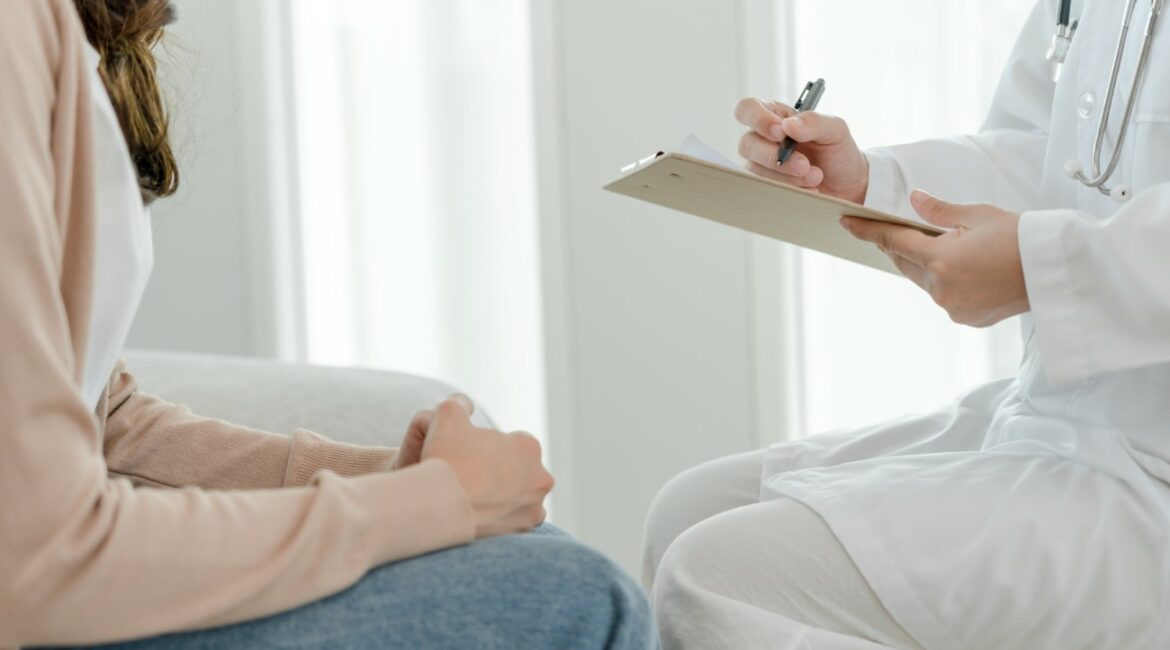In the age of digital connectivity, social media has become an integral part of our lives. From keeping in touch with friends to staying updated with current events, it offers a myriad of benefits. However, it’s crucial to recognize that our online presence can have a significant impact on our mental health. In this guide, we’ll delve into the relationship between social media and mental well-being and offer practical insights on how to maintain a healthy balance.
Understanding the Impact of Social Media
Social media platforms provide a constant stream of information and engagement. While this can be enriching, it also exposes us to various stressors. The pressure to present an idealized version of our lives, known as the “highlight reel,” can lead to feelings of inadequacy and comparison. It’s essential to remember that what we see on social media is often carefully curated and doesn’t represent the full spectrum of reality.
Practical Tips for a Healthier Relationship with Social Media
- Set Boundaries: Establish limits on your daily social media use. Consider allocating specific times for checking your accounts and stick to them. Create tech-free zones, like the bedroom, to promote better sleep and relaxation.
- Unfollow and Mute: Take control of your social media feed. Unfollow accounts that consistently make you feel negative emotions or that promote unrealistic standards. Muting keywords or phrases can also help filter out unwanted content.
- Mindful Posting: Be mindful of what you post. Share moments that are genuine and meaningful rather than seeking validation through likes and comments. Remember that it’s okay not to share everything.
- Engage Actively: Instead of passively scrolling, engage actively with your online community. Participate in discussions, offer support, and connect with others who share your interests. Meaningful interactions can enhance your online experience.
- Digital Detox: Consider taking regular breaks from social media. A digital detox can help you reevaluate your relationship with these platforms and reduce the feelings of dependency.
FAQ

Q1. Can social media really affect my mental health?
Yes, social media can impact mental health. It can lead to feelings of anxiety, depression, loneliness, and low self-esteem, especially when excessive comparison and negative content consumption occur.
Q2. What are the signs that my social media use is negatively affecting me?
Signs include increased stress or anxiety, spending excessive time on social media, neglecting real-life responsibilities, and experiencing negative emotions after using these platforms.
Q3. How can I maintain a positive online presence?
To maintain a positive online presence, focus on authenticity, share your experiences thoughtfully, engage positively, and curate your feed to promote positivity.
Q4. Is it okay to seek professional help for social media-related mental health issues?
Yes, seeking professional help is encouraged if you’re struggling with mental health issues related to social media. Mental health professionals can provide guidance and support.
Q5. What can I do if I witness cyberbullying or negative behavior on social media?
If you witness cyberbullying or negative behavior, report the content and support the person targeted. Encourage a safe and respectful online environment by not engaging with negative comments or posts.
Balancing the benefits and challenges of social media is essential for maintaining good mental health. By being aware of the potential pitfalls and implementing practical strategies, you can enjoy the advantages of online connectivity while safeguarding your well-being.
Social Media and Teenagers
The impact of social media on teenagers is a significant concern. This section explores how parents can guide their teens in using social media responsibly. It addresses topics like setting limits, encouraging open communication, and helping teenagers recognize the potential pitfalls of social media.
Cyberbullying and Online Safety
Online safety is paramount, especially with the rise of cyberbullying. We discuss practical steps to protect yourself or your children from cyberbullying and online harassment. Tips for setting strong privacy settings, recognizing warning signs, and reporting abusive behavior are covered in detail.
The Positive Side of Social Media
While the negative aspects of social media often make headlines, there’s a positive side too. We shed light on how social media can be a source of inspiration, connection, and support. This section explores stories of individuals who have used social media to create positive change and foster meaningful relationships.
Navigating FOMO (Fear of Missing Out)
The fear of missing out, or FOMO, is a common emotional response to social media. We provide insights into how to deal with FOMO and prevent it from affecting your mental health. Practical strategies for appreciating the present moment and managing the urge to constantly check social media are discussed.
Digital Well-being and Mental Health Apps
Discover a range of digital tools and mental health apps designed to promote well-being while using social media. We highlight apps that help you monitor screen time, encourage mindfulness, and provide mental health support, offering a comprehensive guide to maintaining mental health in the digital age.
- Transform Your Health with Medford Medical Weight Loss Program - June 9, 2025
- A Chat with Nate and Mika, Christian Wedding Photographers - July 18, 2024
- Ultimate Guide To Playing Online Casinos - May 27, 2024









